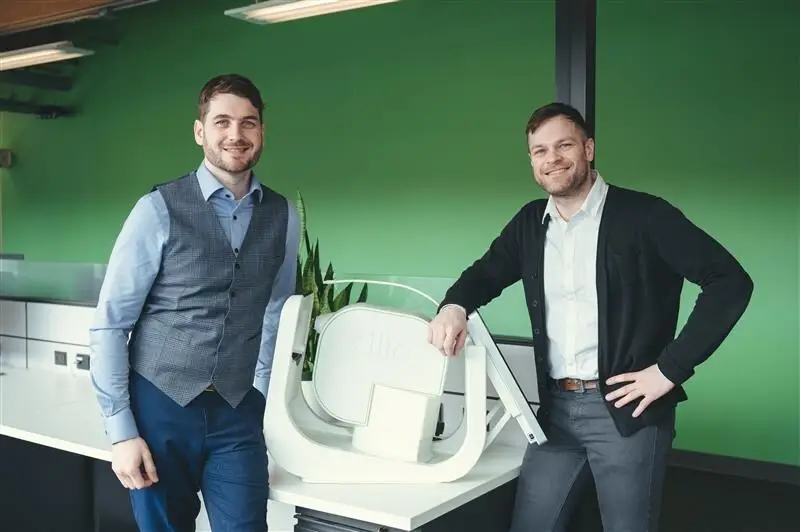Yourgene Health plc (“Yourgene”, AIM: YGEN), a leading international molecular diagnostics group, today presented data demonstrating that prolonged storage of blood in EDTA tubes is compatible with non-invasive prenatal testing (NIPT) when using size selection to enrich the fetal fraction. Scalable and precise DNA size selection following EDTA tube usage offers a cost-efficient alternative to the use of more expensive blood collection tubes (BCTs) and improves next-generation sequencing (NGS) workflows, reducing the risk of failed screening tests for expectant mothers. The data is currently being presented at the 27th International Conference on Prenatal Diagnosis and Therapy (ISPD) in Edinburgh, UK on 19th June 2023.
The collaborative study with Tommy’s Charity and St Mary’s NHS Hospital (Manchester, UK) used Yourgene’s IONA® Nx NIPT Workflow, a fully validated clinical workflow which utilises NGS to estimate the trisomy risk in the fetus. The workflow incorporates the unique size-selection capability of the company’s proprietary Ranger® Technology to collect DNA library material within a defined size range. This step enriches the fetal-derived cell-free DNA (cfDNA) fragments in samples by reducing the number of larger maternal DNA fragments. In addition, Yourgene has a patent pending in relation to the EDTA capability that has been filed.
Many NIPT clinics and hospitals take a maternal blood sample with an expensive BCT, such as a Streck tube, and the sample is stable for up to 14 days. However, the data presented has shown the capability to use EDTA tubes, which are commonly used and a significantly lower cost, with proven stability up to 7 days.
Sample stability and handling are crucial elements in the preservation of acceptable levels of fetal fraction and ultimately, the successful use of NIPT. Cell lysis due to sample instability can result in the release of maternal genomic DNA, which dilutes the fetal-derived cfDNA, thereby reducing the fetal fraction. The results of the study demonstrate that size selection can be used to recover the fetal fraction from whole blood stored in EDTA tubes over a prolonged period that exceeds the previous limit of 8 hours.
Dr Joanne Mason, Chief Scientific Officer at Yourgene Health, said: “The results of Yourgene’s study with Tommy’s and St Mary’s Hospital greatly improve the feasibility of EDTA tube usage in NIPT, particularly in situations where delayed transport of samples between collection site and analysis locations may occur. There’s also a considerable saving in the cost of the blood stabilising tubes, and associated licensing fees in the US. This offers greater flexibility and choice to labs and clinicians, while providing patients with fast, safe, and accurate screening results.”
Visit the poster (programme ID P-94) titled “A study to demonstrate that prolonged storage of blood in EDTA tubes is compatible with NIPT when using size selection to enrich fetal fraction” presented at ISPD taking place from 18–21 June. Copies of the poster will also be available to download from Yourgene’s website: https://yourgenehealth.com/our-products/instruments/lightbench-detect/#pac_dtm_child_2

